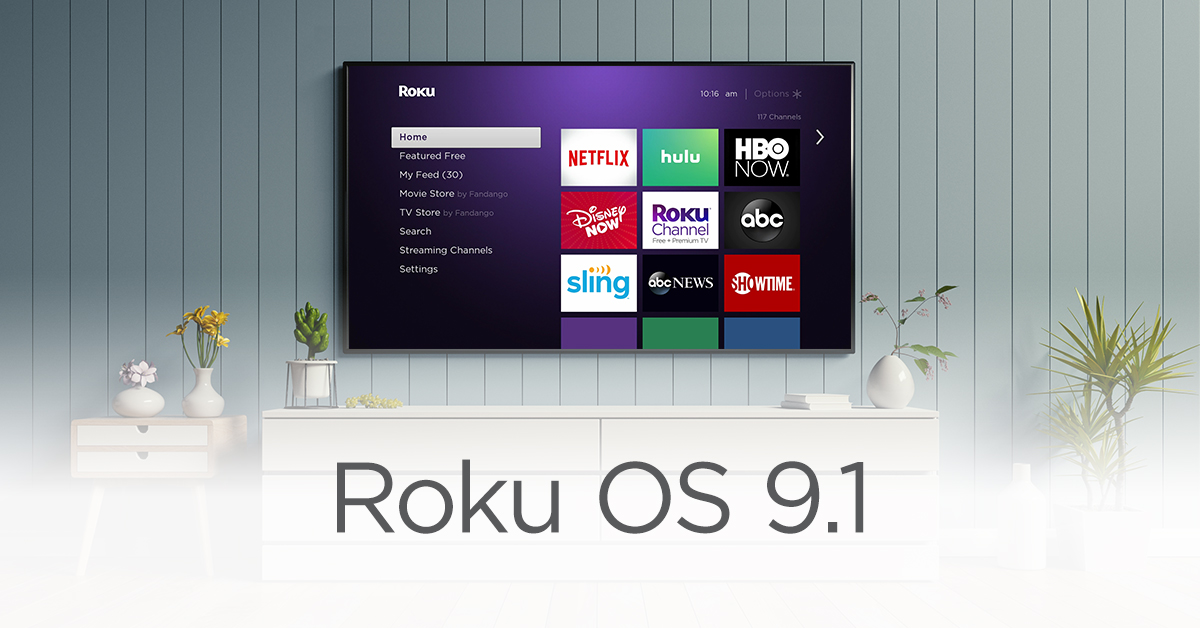Roku and Amazon Fire TV are not services. This is not the first time we have mentioned this, but I guess it’s our soapbox. I used to see people ask what was the better choice between Roku and Netflix. This was very early in the streaming days when Roku’s were just something found at niche stores like Radio Shack. These days there should be no reason for this kind of question. So I’m saying it again. Amazon Fire TV and Roku are not streaming services. While both companies own streaming options under their names, like “The Roku Channel” and “Amazon Prime Streaming” the devices themselves are not streaming services. We noticed a new example of the confusion in a recent article from Rolling Stone. In an article called “Roku vs Amazon’s Fire TV: The Best Streaming Services” the writer basically lays out the features of the Roku Stick + and the Fire TV Cube. For good measure (I suppose) he also describes Apple TV, even though it wasn’t mentioned in the title.
In the description it becomes obvious that there is no specific service being described, nor does the story itself explain the platforms well. This is unfortunate.
Simply put, Roku is a platform built to help users access streaming services. It is not a service in itself. Roku sells devices and can also be found on dozens of TV’s with the platform built-in and integrated. Fire TV OS is a platform. It can be found on Fire TV sticks and the Fire TV Cube and TV’s with the platform built-in and integrated as their operating systems.
A steaming service is something like Netflix, HBO Now, Sling TV, Crackle, Pluto TV etc. They are companies that provide content to viewers. heir core functions include securing rights to distribute content, creation of app and website interfaces and handling subscriptions to their apps. Users then sign up or even access content for free in an organized specific way. Roku and Fire TV are no more services than Windows and Mac OS are services. Windows computers can provide access to any number of wonderous movies and TV shows via streaming services, videos uploaded on servers etc. But nobody would confuse buying a laptop with signing up for Hulu.
Look. I am aware that pointing out something like this may even seem petty. It risks sounding like arguing over semantics. You might ask why we would even bring it up? It’s because I think those who write and publish on a given topic have a responsibility to decimate correct information at the basic level. We as journalists might speculate on something incorrectly but to not even start from the correct foundation is a problem. And it hurts credibility. When you are writing about a disease it would be very important to point our whether it is a bacterial infection or a virus. Streaming is OBVIOUSLY not a life and death issue, but entertainment reporters and techies should not get a free pass to splash incorrect information just because no children are going to die as a result.
In a world where people fight over whether the Polio vaccine in necessary or whether the earth is flat, its important that those publishing with authoritative platforms get the facts right. The clicks will come. But let’s make sure people learn something after we get paid for the advertising. Its the least anyone can do for their audience.






